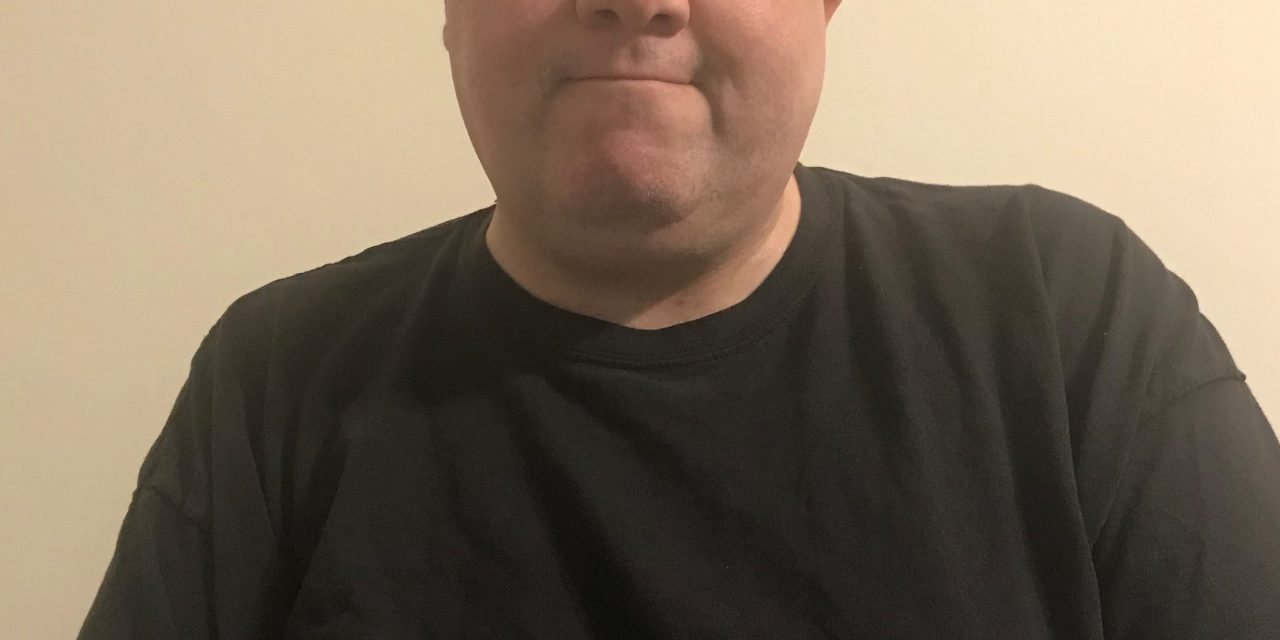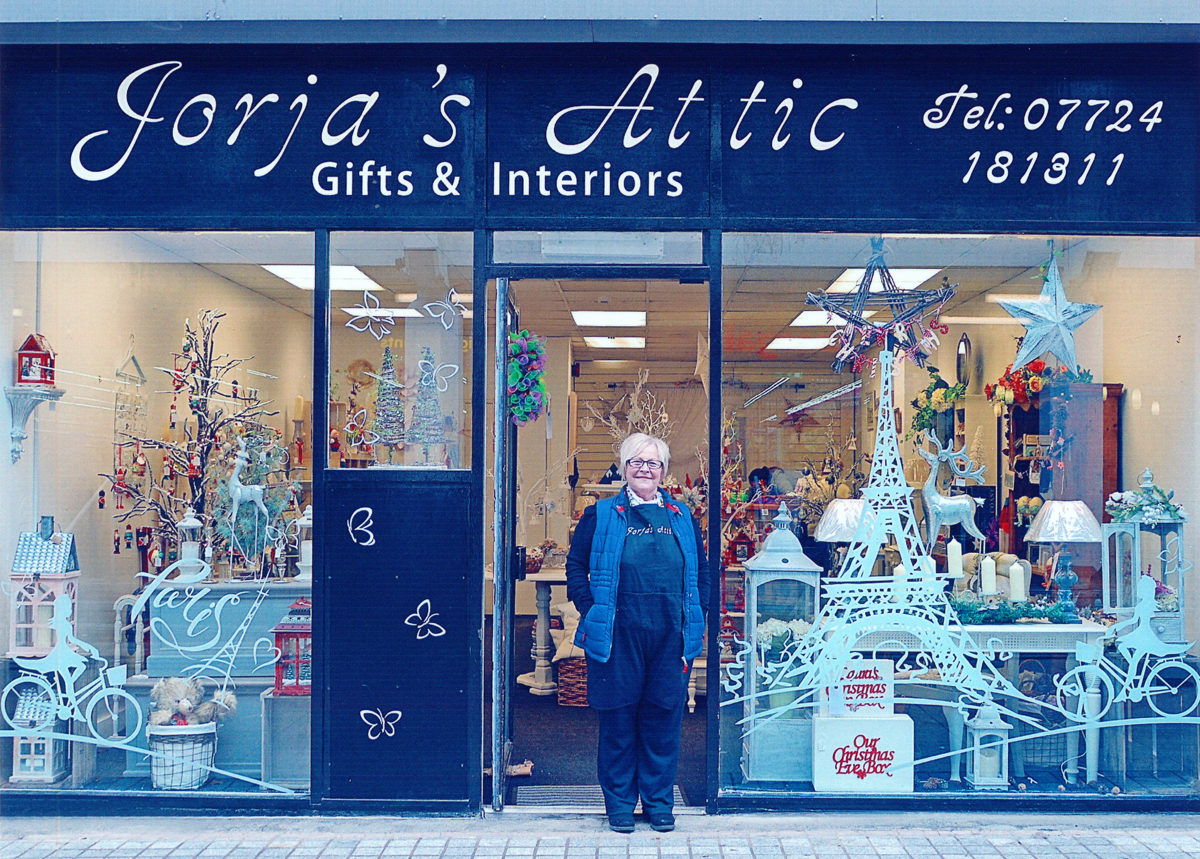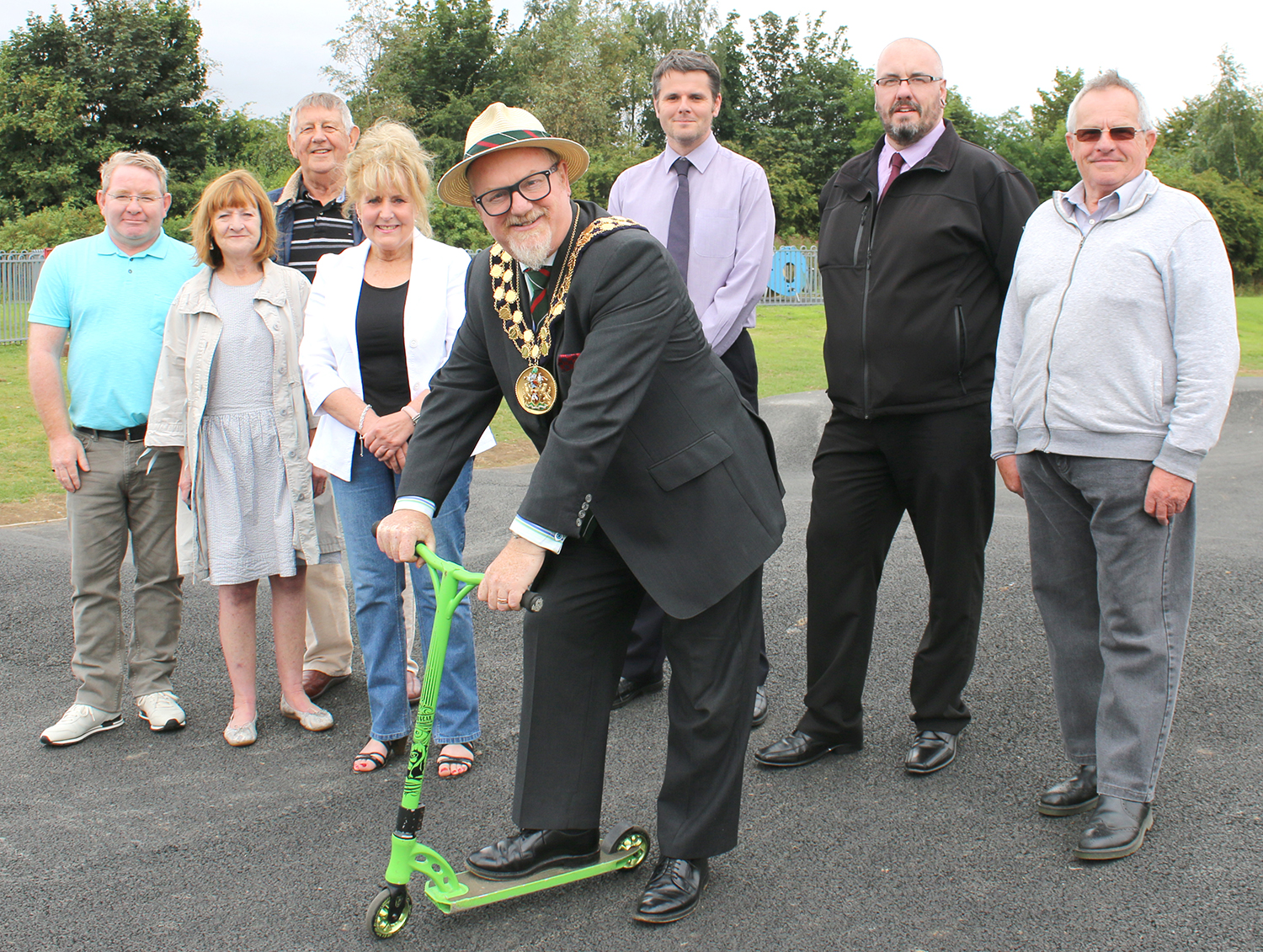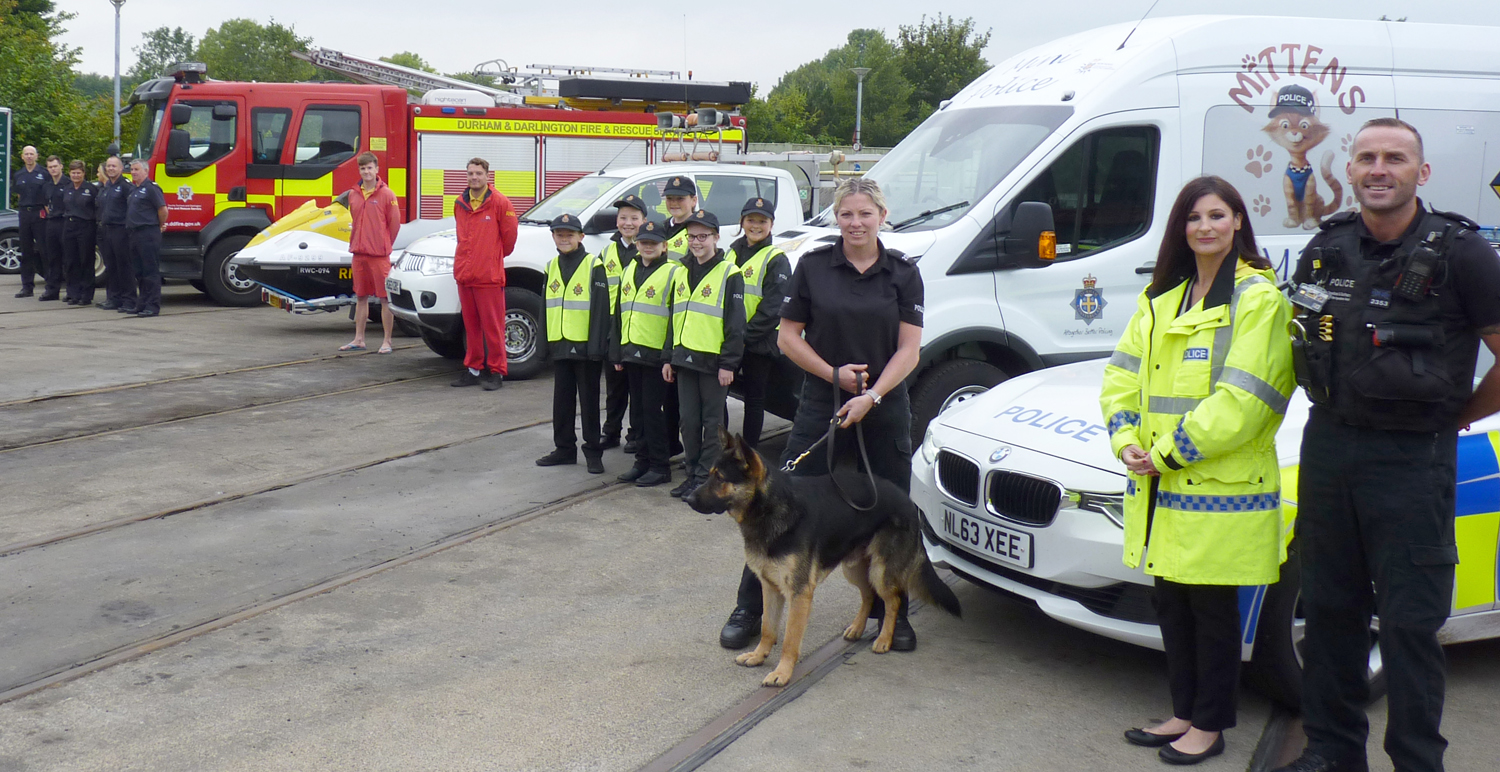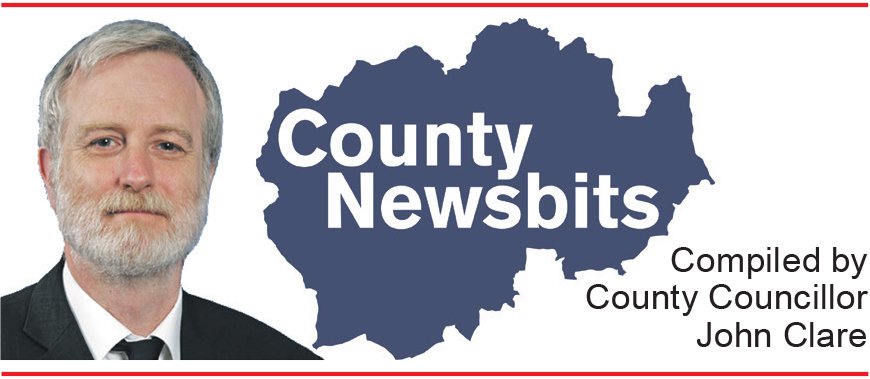A County Durham man has finally returned home after over six months of hospital treatment for Covid-19, one of the longest periods of treatment in the country.
Graeme Scott, 49, from Stanley, has been so ill he can remember very little of his time in three of the region’s hospitals, having been admitted in March. He’s certain though that his survival is down to the fast decision making, teamwork, skills and kindness of those caring for him. But with very limited mobility and still receiving treatment for complications linked to the virus, Graeme says we should all do everything we can to avoid catching it.
Father of two, Graeme, who lives with partner, Deborah, says, “After almost six months in hospital a doctor explained that there are only a handful of people in the country who have survived such a severe Covid-19 illness – it makes me even more grateful, and glad to be alive.”
Prior to becoming ill on March 18th, Graeme, who works as a health and safety advisor for bus company, Go North East, was an active man, describing his hobbies as hill walking, scuba diving and mountain biking.
“In 2016 I had a kidney transplant and subsequently developed diabetes linked to the medication, so I’m clearly in the group that’s high risk for Covid-19. Catching it so early in the pandemic however, meant our family barely had time to put additional precautions in place.
“Deborah developed mild symptoms, recovering within days. My deterioration, was fast and I quickly felt very unwell. The NHS advice service resulted in a call from a specialist in Newcastle who recommended I stop taking my anti-rejection drugs, advice she subsequently told me was very difficult to give. She was weighing up the risk of my dying from Covid against my body rejecting the kidney where I would at least have the option of dialysis and the hope of another kidney donation in the future. In addition to being terrified, it was also emotionally distressing as the kidney was donated by my sister and it felt like, after only four years, her sacrifice was being wasted.
“After around a week of being increasingly unwell at home, breathing became so difficult I was admitted to University Hospital of North Durham. Struggling for each breath is terrifying. I didn’t see my family again for months, though at the time we wondered if we might ever see each other again. Being in the emergency department is my last memory for several weeks.
“Covid-19 was so new, all the staff must have been scared for themselves and their families, as well as working under extreme pressure – I’m so grateful. Decisions were made quickly and, after a short time on a ward, I was admitted to ITU where I was ventilated and sedated.
“Deborah was kept updated by phone, the emotional toll on her and our children has been horrendous – wondering if the next phone call would be the one they were dreading. The suffering goes well beyond the patient.
“Unfortunately, in addition to fighting Covid-19, my kidney function also gradually reduced, to the point where I was transferred to ITU at The Freeman Hospital, Newcastle, after having a tracheostomy for a build-up of fluid in my throat. I understand it was touch and go. Miraculously, against all the odds, my kidney gradually started working again and after about three weeks, as my breathing improved, I was able to leave ITU, transferring to a renal ward.
“One of the starkest memories I have is coming round in ITU and being helped to sit up – I looked down at my legs which had totally wasted away – the skin was just hanging off the bone. I’d also developed an infected wound on my back – in itself a real threat to my survival. I was so fit before and remember thinking, “what has this virus done to me?”
“Eventually, I was transferred to Bishop Auckland Hospital, where a team dedicated to the rehabilitation of Covid-19 patients had been established. They explained that my body had begun shutting down, causing nerve damage to my legs and my right arm. With a gym attached to the ward and amazing physiotherapists, I was able to slowly start building my strength back up. I have minimal mobility – I can stand up from sitting on a bed, and limited feeling in my left foot and right arm. We’re taking things a step at a time – literally – and I’ll continue to get input at home from the community team. My employer, Go North East, has been very kind and supportive – I’m determined to keep improving.
“While I was delighted to come home, the ward at Bishop Auckland Hospital had become a safe haven where I had a real sense of belonging, surrounded by care and love – they’re a very down to earth, positive team, who found real connections with me, people and places we had in common for instance. When I left, they lined the corridor smiling and clapping. I will never forget the exceptional people, at all three hospitals, who have saved my life.
“My response to anyone who plays down the need to wear a mask or limit social contact isn’t repeatable to be honest. None of us knows how vulnerable we or our loved ones will be – is it really worth the risk? We all know limiting the spread of Covid-19 is simple, and in our own hands. Please put our community first.

